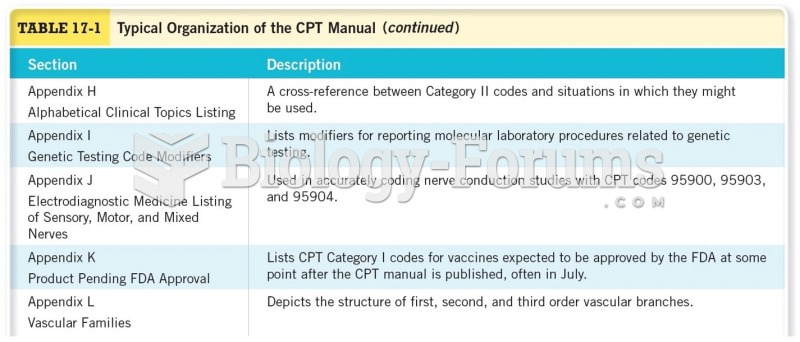|
|
|
Did you know?
Patients who have undergone chemotherapy for the treatment of cancer often complain of a lack of mental focus; memory loss; and a general diminution in abilities such as multitasking, attention span, and general mental agility.
Did you know?
Urine turns bright yellow if larger than normal amounts of certain substances are consumed; one of these substances is asparagus.
Did you know?
The first documented use of surgical anesthesia in the United States was in Connecticut in 1844.
Did you know?
More than 4.4billion prescriptions were dispensed within the United States in 2016.
Did you know?
Since 1988, the CDC has reported a 99% reduction in bacterial meningitis caused by Haemophilus influenzae, due to the introduction of the vaccine against it.
 A typical accelerator pedal position (APP) sensor uses three different sensors in one package with ...
A typical accelerator pedal position (APP) sensor uses three different sensors in one package with ...
 A typical 1/2 inch drive air impact wrench. The direction of rotation can be changed to loosen or ...
A typical 1/2 inch drive air impact wrench. The direction of rotation can be changed to loosen or ...





